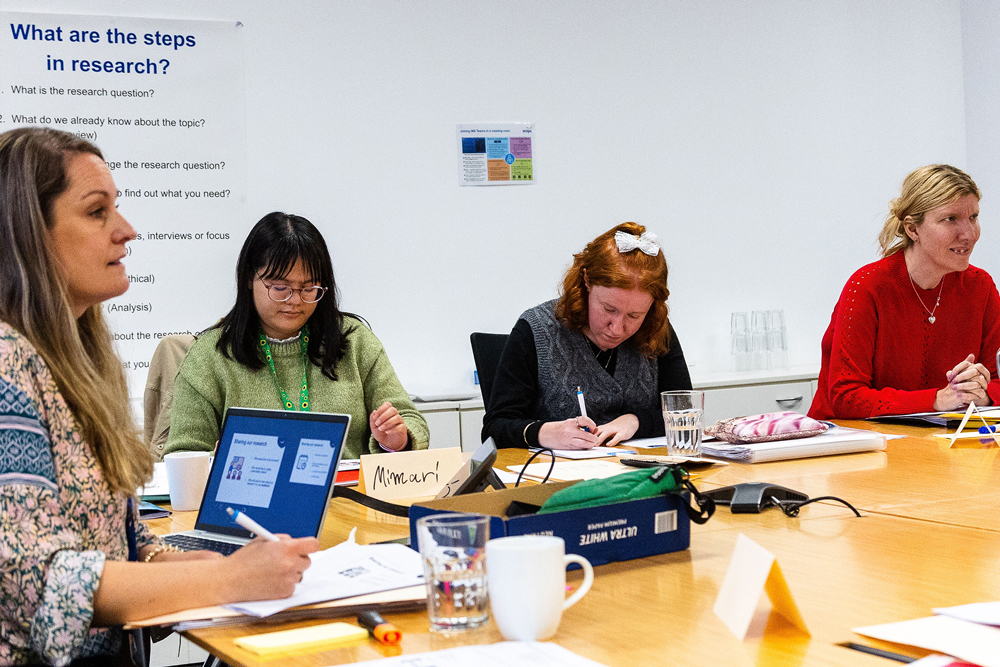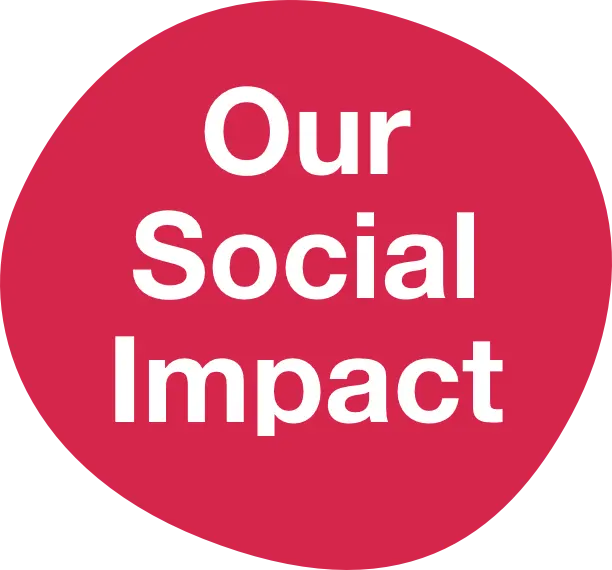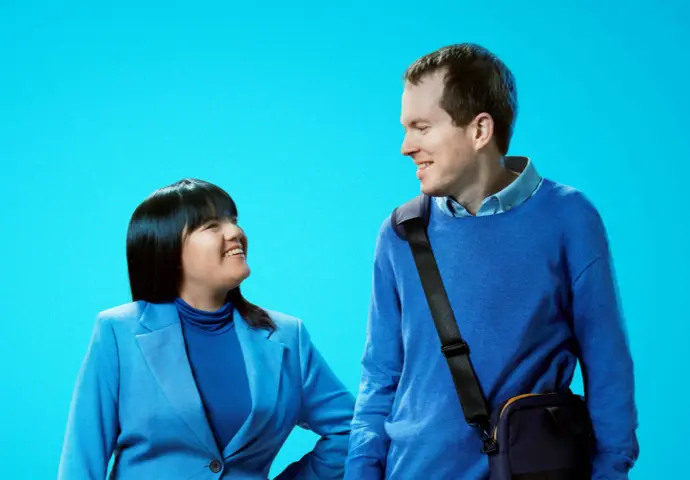Parliament of Victoria awarded with the Communication Access Symbol
Supported by Scope, the Parliament of Victoria has been awarded with the Communication Access Symbol across five customer service points.
Scope’s Communication Access service provided staff with the training and resources to effectively communicate with everyone, including people with communication disability.
To achieve accreditation, more than 30 Parliament of Victoria staff members were trained across five customer service points. This included the Tours and Customer Service Unit, Legislative Council Attendants, the Chamber Support Office, and Procedure Office and Catering. Each customer service point was assessed by people with lived experience of communication disability.
The Communication Access Symbol is now displayed on each customer service point, which identifies staff with the required skills and strategies to communicate effectively with a communication disability.
Communication Access Symbol recognised with the National Disability Award
In December 2023, Scope’s Communication Access Symbol initiative won the National Disability Award in the Excellence in Innovation category. The award – for which there were 28 nominees – recognises and promotes ‘the outstanding contributions of individuals, groups and organisations who are working to create an inclusive Australia where people with disability are valued, respected and can contribute to the community.’
Sector leadership and influence as a leading national service provider
Scope maintained a strategic focus on government relations and advocacy throughout the year in response to the persistent challenges of a turbulent external environment. During this time of significant change, it has been vital to stay connected with all of our stakeholders to understand their perspectives on emerging issues, and to influence policy wherever possible.
Scope has nurtured valuable relationships with other disability service providers and industry groups, including Ability First Australia and National Disability Services. Together, we engaged regularly in collective advocacy to represent our common interests and amplify the voices of people with disability. This has helped to strengthen the disability sector and foster cooperation to highlight the potential impacts of forthcoming changes.
Scope was represented on key external bodies addressing various issues relating to the sector, including developing the disability sector workforce, improving the mental health and wellbeing of people with disability, and enhancing equity in health through improved access to cervical screening for women with disability.
The Commonwealth Government’s disability reform agenda intensified with the publication of final reports from the Disability Royal Commission and the NDIS Independent Review to Government. The fundamental issues addressed in these reports are integral to the way Scope delivers our strategic priorities.
We responded to the last call for submissions from the NDIS Review by addressing the topic of developing robust outcome measures. We used our experiences with outcome measurement tools and looked to the experience in healthcare to suggest a way forward. Our submission addressed the importance of people with disability, and their families and carers, being able to evaluate the support they purchase with their NDIS funds. This will help to inform their future choices. Providers also need reliable insights to improve their programs, meet client demand and participate more effectively in NDIS markets which are still evolving.
Our other major submissions this year were to the Department of Social Services. We supported the Australian Government Initiative for the establishment of a Disability Employment Centre of Excellence. It will provide technical support to deliver disability employment services in accordance with the evidence base, while involving people with disability in all aspects of knowledge translation.
Our submission to the consultation on the Australian Government Response to the Disability Royal Commission addressed recommendations about the phasing-out of group homes. While Scope agrees with the basic proposition to phase-out group homes over time, It would mean a fundamental change to living arrangements for thousands of people with disability. Therefore, having a shared decision-making framework that involves supportive decision-makers is essential. More innovative pathways may prove attractive in the longer term, but the starting point for many people will be what they know today – and the choice about any change should be at their own pace.
The NDIA released its annual pricing review in June 2024. Unfortunately, despite considerable evidence of long-standing financial sustainability challenges across the sector, the review has offered little relief for registered disability services providers as the NDIA moves to curtail future cost and affordability pressures. As a result, the possibility of market failure on a large scale appears inevitable. Scope will continue to advocate for sustainable pricing in the context of quality supports delivered by registered providers.
Research at Scope
Scope has a long and proud history in research to deliver better outcomes for people with disability. Through research, we aim to improve the ways in which people with disability are supported to lead empowered and enriched lives. Our research is strongly connected to Scope’s practice as an organisation. This means it informs and is informed by service provision. Our research also aims to inform the wider disability sector.

Co-research with and by people with disability
Supported by funding from Perpetual’s IMPACT Philanthropy Application Program, Scope developed and piloted a course for adults with intellectual disability that teaches them about research and how to be co-researchers.
Co-research refers to research carried out ‘with’ or ‘by’ people with intellectual disability, rather than ‘to,’ ‘about’ or ‘for’ them.
The 10-week course ran from March to May 2024 with eight Scope clients participating as co-researchers. As well as learning about research, the co-researchers also carried out their own research project which involved developing a research question, collecting and analysing data, and reporting the results.
Some of the co-researchers presented their findings to Scope colleagues, families and supporters on how to support people with disability to live independently. They presented confidently and enthusiastically, with their research and recommendations being well received.
The co-researchers were employed by Scope over the project and were awarded certificates upon its completion. A number of the co-researchers have continued to work with the Scope research team to keep building their skills. Nell, one of our co-researchers, was invited to speak about her experiences of the course at the International Association for the Scientific Study of Intellectual and Developmental Disabilities (IASSIDD) World Conference in Chicago, in August 2024. Two other co-researchers were invited to present at the 2024 Virtual Disability Conference in September.
On evaluation of the course, co-researchers reported that they felt positive about the new skills they learned, with many saying they felt more confident about their ability to participate in the planning and implementation of research projects. Some spoke about the importance of the inclusive and supportive approach taken during the course, and that they appreciated the positive group dynamic and friendships formed.
We extend our thanks and gratitude to the co-research team and to Perpetual’s IMPACT Philanthropy Program for supporting the program.

Falls by people with intellectual disability who live in Scope homes
Scope worked with researchers at Monash University to explore the potential risk of falls for people with intellectual disability in Scope’s Supported Independent Living homes. The research was designed to inform Scope’s efforts to reduce the risk of falls among our clients living in our homes.
The research used a risk assessment tool to look at the factors that contribute to people falling. Researchers also explored falls incident data for people who lived in the homes, and they conducted environmental audits.
Clients identified as a high-risk for falls were typically found to be those with bowel/bladder dysfunction, cognitive issues, polypharmacy (when a client takes many medicines usually defined as five more more), and a history of falls. Furthermore, according to the review of falls incident data, most clients had moderate level of falls risk.
The findings highlight the complex nature of falls prevention and help us to improve our understanding of why people with intellectual disability might fall, and how to get better at identifying and managing the risk of falls. Recommendations from the research are being put into practice.
This research was presented at a number of conferences including the Australasian Society for Intellectual Disability (ASID) Conference (2023) and Occupational Therapy Australasian 30th National Conference and Exhibition (2023). It was also presented at the World Congress of the International Association for the Scientific Study of Intellectual and Developmental Disabilities (2024).
Our support workers provided positive feedback about the use of the falls risk screening tool as a way of improving the way we provide safe supports.
Celebrating 10-year research partnership
Another significant milestone for the research team included the celebration of a decade-long collaboration between Scope and the University of Melbourne. To find out more about the partnership, click here.






